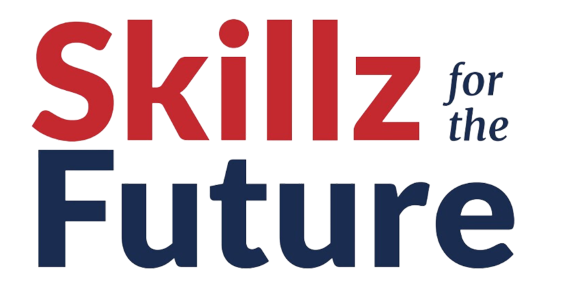When you or your organisation needs to communicate information to the press, crafting an effective press release is crucial. A press release is a document issued to the press, whether national, local, or specialised, explaining the story you want to convey. Understanding the purpose, audience, and structure of a press release is essential for successful communication with journalists.
Why Write a Press Release?
The primary goal of a press release is to encourage journalists to publish your story, whether online, on the radio, or in print. To achieve this, you must create a document that is concise, informative, and aligns with the key messages you want to convey.
Key Considerations Before Writing:
Journalists are Busy: Keep your press release short and to the point. Journalists have deadlines and numerous stories to cover. Make their lives easier by providing information that is clear, concise, and easy to understand.
Assume Limited Expertise: Journalists may not be experts in your subject, and their readers might not be either. Explain everything clearly and avoid jargon. Your goal is to make your story accessible to a broad audience.
Focus on Audience Interest: Journalists are interested in stories that will engage their readers or viewers. Your press release should highlight why your news is important and how it will interest their audience.
Accept the News Cycle: Understand that your story may be overshadowed by more significant news events. It’s not personal; it’s the nature of the news cycle. Be prepared for this and consider strategic timing for your press release.
What Goes into a Press Release
A press release should tell a story, ideally with a human interest angle. Answering key questions about your news will guide your content:
• Who: Identify key players.
• What: Highlight what is new.
• When: Specify the timing of the news.
• Where: Indicate the location.
• Why: Explain the importance of the news.
Structure your press release to include a headline, a concise introductory paragraph, detailed story explanation, a quote from a senior figure, and a conclusion. Provide information about where journalists can get more details and include your contact information.
Effective Communication Tips:
Start with the Most Important Information: Place crucial information at the beginning to catch the journalist’s attention. This mirrors the structure of press articles and ensures the key message is not lost during editing.
Disseminating a Press Release: When emailing your press release, craft a compelling subject line. Include the text in the body of the email rather than as an attachment, making it easy for journalists to read. Follow up with a phone call to confirm receipt.
Timing is Key: Clearly indicate whether the release is for immediate publication or under embargo. Consider when you want your story to be published.
Example Press Release:
For Immediate Release
Innovative Tech Start-up Unveils Groundbreaking Product for Sustainable Living
[City, Date] – Today, [Tech Company], a trailblazing technology start up, announced the launch of their latest product, [Product Name]. This revolutionary device is set to redefine sustainable living practices and contribute to a greener future.
With a commitment to environmental responsibility, [Tech Company] aims to empower consumers to make eco-conscious choices without compromising on convenience or performance. The launch event for [Product Name] is scheduled for [Date] at [Location], where attendees will have the opportunity to witness firsthand the impact of this cutting-edge innovation.
Key Features of [Product Name]:
Energy Efficiency: [Product Name] boasts state-of-the-art energy-saving technology, reducing carbon footprint and energy costs for users.
Smart Integration: The product seamlessly integrates with smart home systems, providing users with real-time data and control over their energy consumption.
Durable Design: Built with sustainability in mind, [Product Name] features a durable and long-lasting design, minimizing electronic waste.
User-Friendly Interface: [Tech Company] prioritizes user experience, ensuring that [Product Name] is accessible and easy to use for consumers of all backgrounds.
[Quote from CEO or Spokesperson]
[Include a quote expressing excitement about the product launch, its potential impact, and the company’s commitment to sustainability.]
About [Tech Company]:
Founded in [Year], [Tech Company] is at the forefront of innovation in the tech industry. Committed to creating solutions that merge technological advancement with environmental consciousness, the company has gained recognition for its previous contributions to [mention any notable achievements or products].
For more information about [Product Name] and [Tech Company], please visit [Company Website] or contact:
[Media Contact Information]
Notes for Editors:
• High-resolution images and additional press materials are available for download at [Media Section on Company Website].
• Interviews with [CEO/Spokesperson] can be arranged by contacting [Media Contact].
[City, Date] – [Tech Company] invites journalists and influencers to join the conversation on social media using the hashtag #ProductLaunch2022.
Ends
Responding to Bad News: Emergency Press Statements:
In situations where you need to address negative stories, issue a press statement or hold a press conference. Ensure statements are truthful, thoroughly investigated, and flexible to change based on evolving facts. Apologise promptly if necessary, demonstrating responsibility without admitting liability.
While you can’t control what journalists write, you have full control over the messages you issue. Craft your press releases wisely, considering the story, audience, and desired impact, to successfully influence the narrative surrounding your organisation.
